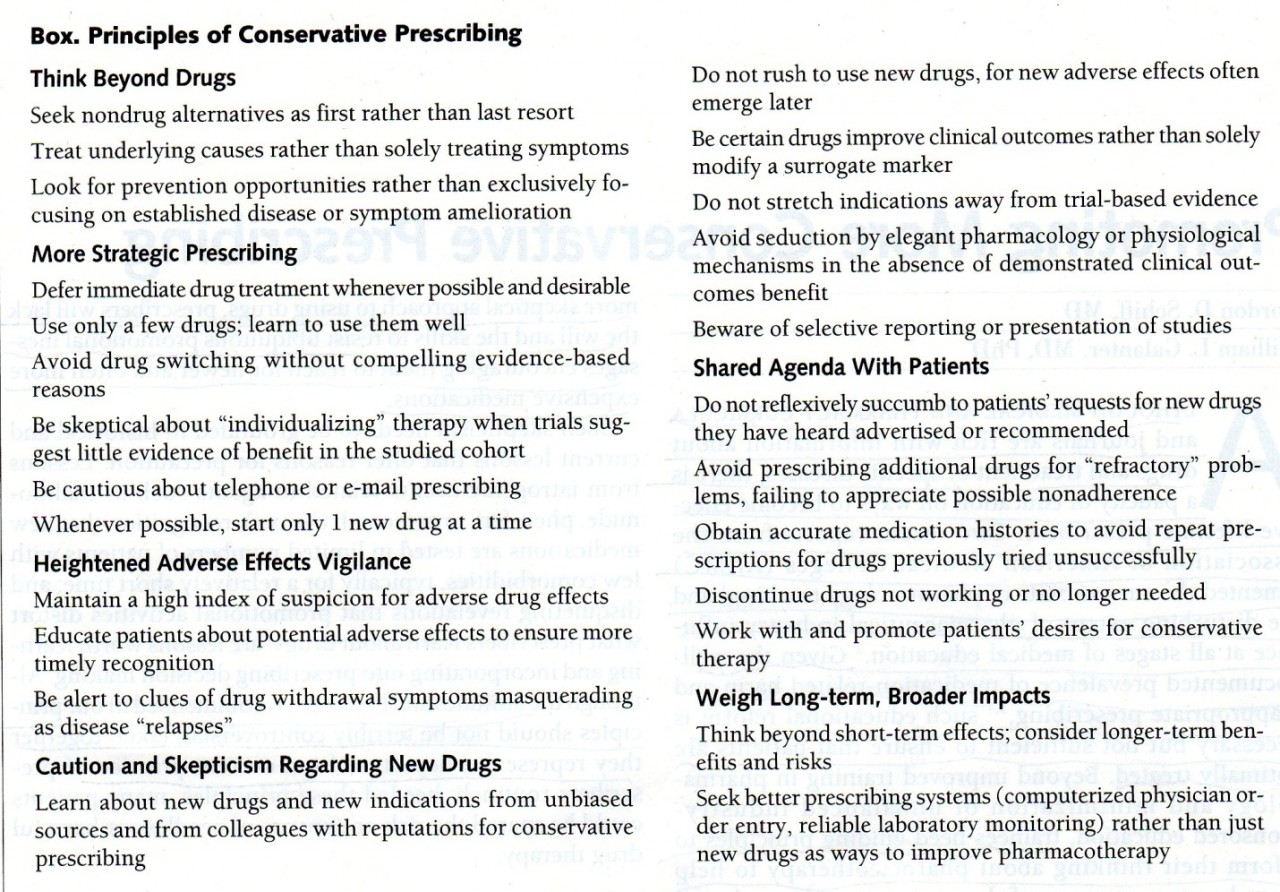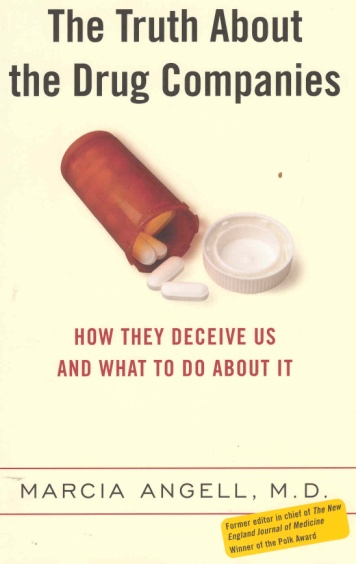
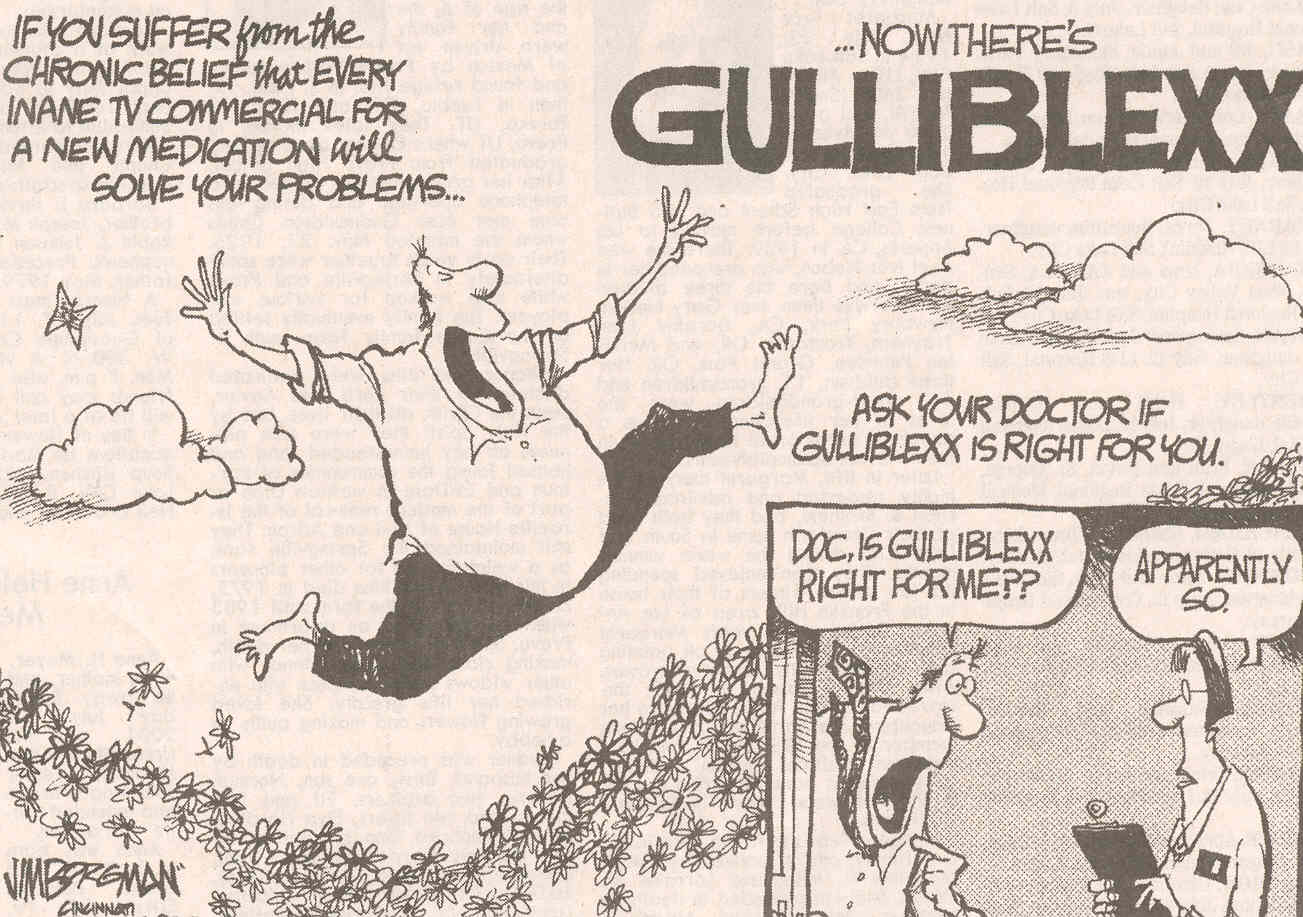
Have you woken up to the dark side of pharmaceuticals? While they are life saving in most acute situations, they do little to address the cause of chronic cellular health problems triggered by bad food, toxic environments, and unmitigated psycho-social stress. When they do work they tend to have side effects that all-too-often are addressed by yet more drugs.
Check out the article below—it came out in the JAMA May 9th 2017
Postmarket Safety Events Among Novel Therapeutics Approved by the US Food and Drug Administration Between 2001 and 2010 JAMA. 2017;317(18):1854-1863
“Among 222 novel therapeutics approved by the FDA from 2001 through 2010, 32% were affected by a postmarket safety event. Biologics, psychiatric therapeutics, and accelerated and near–regulatory deadline approval were statistically significantly associated with higher rates of events, highlighting the need for continuous monitoring of the safety of novel therapeutics throughout their life cycle.”
A practical and painful example of the above concerns all patients—Ibuprofen-like drugs increase the risk of heart attacks by as much as 50% even after a couple of weeks of taking them. See for yourself:
NSAIDs may be linked to increase in heart attack risk, study suggests
“ABC World News Tonight (5/9, story 11, 0:25, Muir) reported a new analysis has found that “commonly used” analgesics “may increase the risk of heart attack.” On its website, CBS News (5/9, Welch) reports that the research indicated that “all commonly used” non-steroidal anti-inflammatory drugs (NSAIDs) – “ibuprofen and naproxen, which are available over the counter; and diclofenac and celecoxib, which require prescriptions in the US – were associated with this increased risk.” The research was published in the British Medical Journal.
The New York Times (5/9, Bakalar, Subscription Publication) reports in “Well” that for the study, investigators conducted “a systematic review of studies involving more than 446,000 people ages 40 to 79, of whom more than 61,000 had heart attacks.”
TIME (5/9, Park) reports that investigators “found that some risks can appear after even a few days of using NSAIDs.” The study indicated that “compared with people who didn’t take the painkillers, those who did had a 20% to 50% greater chance of having a heart attack.” The investigators found that “the risk was higher for people who took 1,200 mg a day of ibuprofen…and 750 mg a day for naproxen.”
I hope you take the time to study the evidence in more detail. Here are some recommendations.
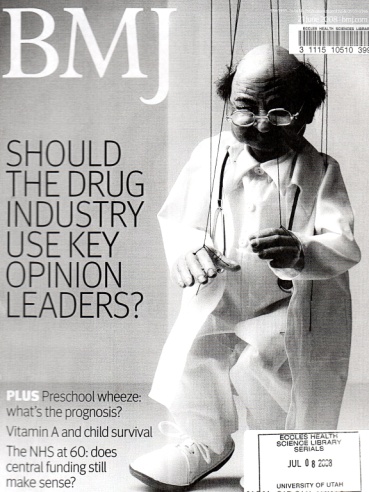
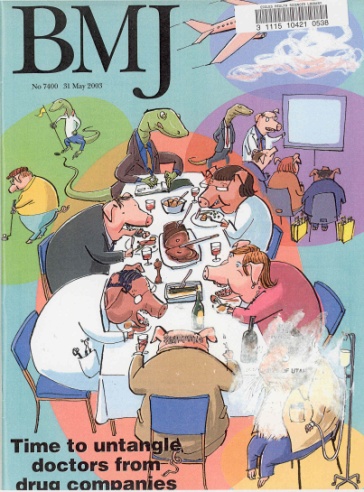
Below you will find a very good article about Prudence in prescribing.
Principles of Conservative Prescribing
J. Arch Intern Med. 2011;171(16):1433
“Judicious prescribing is a prerequisite for safe and appropriate medication use. Based on evidence and lessons from recent studies demonstrating problems with widely prescribed medications, we offer a series of principles as a prescription for more cautious and conservative prescribing. These principles urge clinicians to (1) think beyond drugs (consider nondrug therapy, treatable underlying causes, and prevention); (2) practice more strategic prescribing (defer nonurgent drug treatment; avoid unwarranted drug switching; be circumspect about unproven drug uses; and start treatment with only 1 new drug at a time); (3) maintain heightened vigilance regarding adverse effects (suspect drug reactions; be aware of withdrawal syndromes; and educate patients to anticipate reactions); (4) exercise caution and skepticism regarding new drugs (seek out unbiased information; wait until drugs have sufficient time on the market; be skeptical about surrogate rather than true clinical outcomes; avoid stretching indications; avoid seduction by elegant molecular pharmacology; beware of selective drug trial reporting); (5) work with patients for a shared agenda (do not automatically accede to drug requests; consider nonadherence before adding drugs to regimen; avoid restarting previously unsuccessful drug treatment; discontinue treatment with unneeded medications; and respect patients’ reservations about drugs); and (6) consider long-term, broader impacts (weigh long-term outcomes, and recognize that improved systems may outweigh marginal benefits of new drugs).”
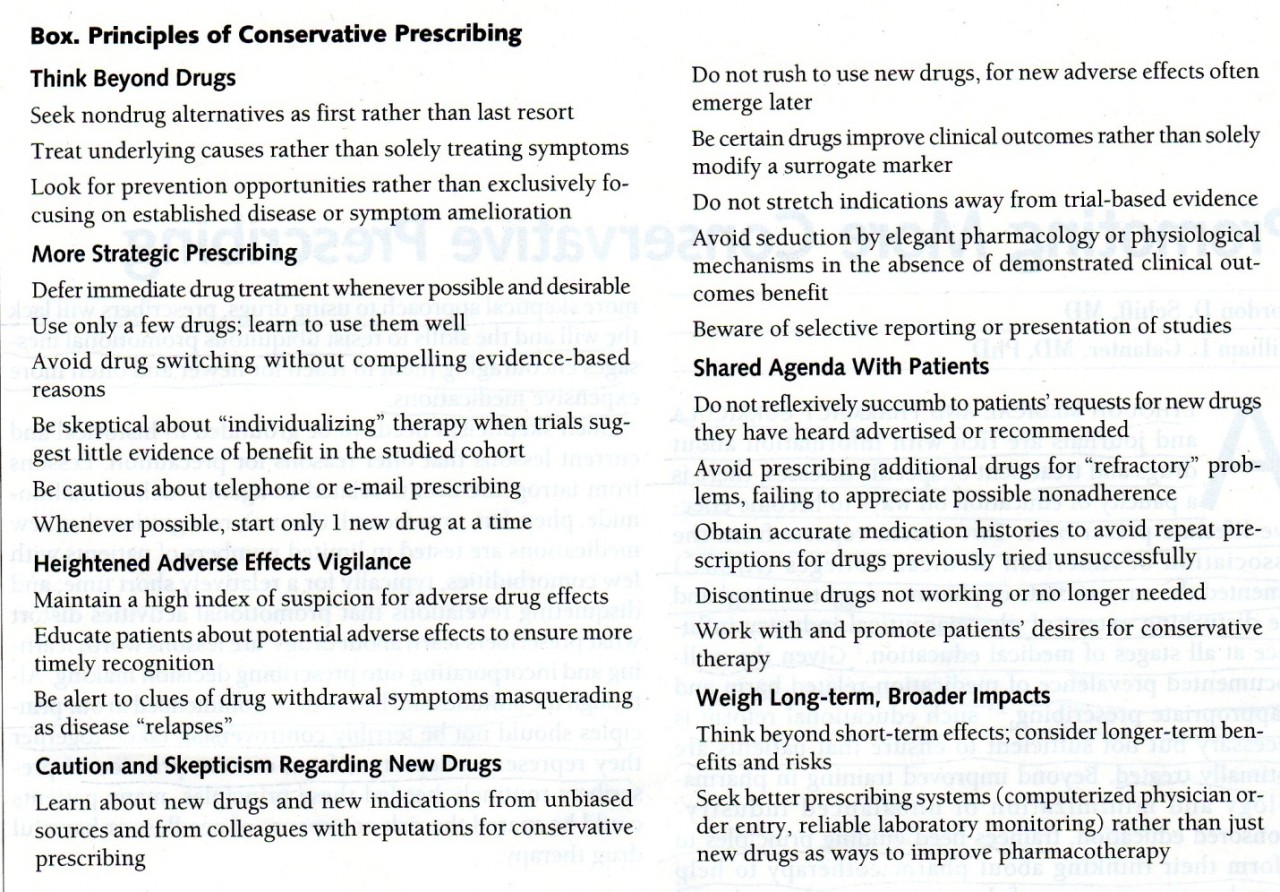
A BITTER PILL TO SWALLOW
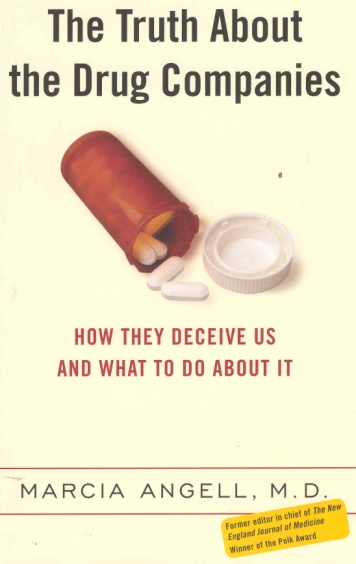
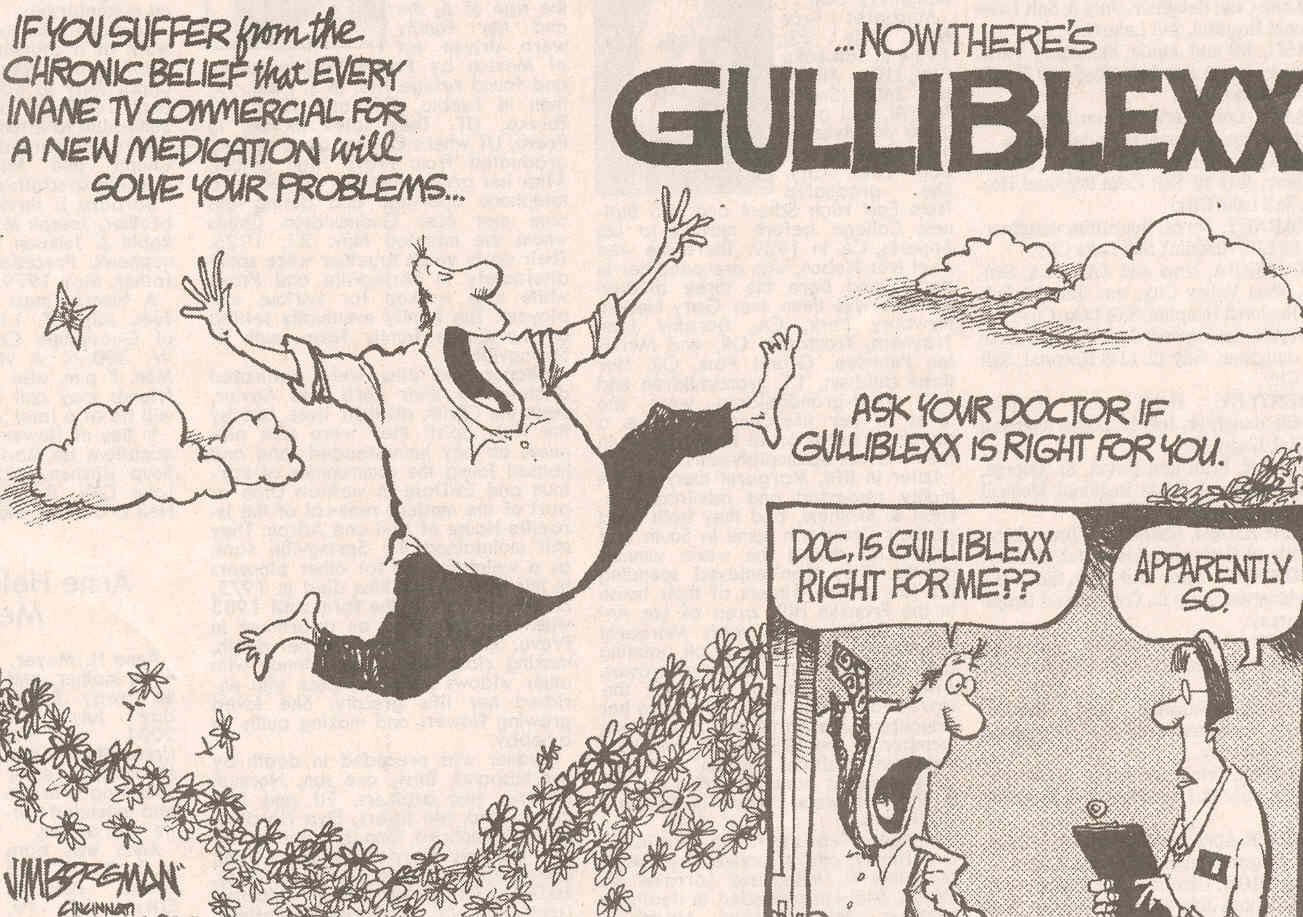
Have you woken up to the dark side of pharmaceuticals? While they are life saving in most acute situations, they do little to address the cause of chronic cellular health problems triggered by bad food, toxic environments, and unmitigated psycho-social stress. When they do work they tend to have side effects that all-too-often are addressed by yet more drugs.
Check out the article below—it came out in the JAMA May 9th 2017
Postmarket Safety Events Among Novel Therapeutics Approved by the US Food and Drug Administration Between 2001 and 2010 JAMA. 2017;317(18):1854-1863
“Among 222 novel therapeutics approved by the FDA from 2001 through 2010, 32% were affected by a postmarket safety event. Biologics, psychiatric therapeutics, and accelerated and near–regulatory deadline approval were statistically significantly associated with higher rates of events, highlighting the need for continuous monitoring of the safety of novel therapeutics throughout their life cycle.”
A practical and painful example of the above concerns all patients—Ibuprofen-like drugs increase the risk of heart attacks by as much as 50% even after a couple of weeks of taking them. See for yourself:
NSAIDs may be linked to increase in heart attack risk, study suggests
“ABC World News Tonight (5/9, story 11, 0:25, Muir) reported a new analysis has found that “commonly used” analgesics “may increase the risk of heart attack.” On its website, CBS News (5/9, Welch) reports that the research indicated that “all commonly used” non-steroidal anti-inflammatory drugs (NSAIDs) – “ibuprofen and naproxen, which are available over the counter; and diclofenac and celecoxib, which require prescriptions in the US – were associated with this increased risk.” The research was published in the British Medical Journal.
The New York Times (5/9, Bakalar, Subscription Publication) reports in “Well” that for the study, investigators conducted “a systematic review of studies involving more than 446,000 people ages 40 to 79, of whom more than 61,000 had heart attacks.”
TIME (5/9, Park) reports that investigators “found that some risks can appear after even a few days of using NSAIDs.” The study indicated that “compared with people who didn’t take the painkillers, those who did had a 20% to 50% greater chance of having a heart attack.” The investigators found that “the risk was higher for people who took 1,200 mg a day of ibuprofen…and 750 mg a day for naproxen.”
I hope you take the time to study the evidence in more detail. Here are some recommendations.
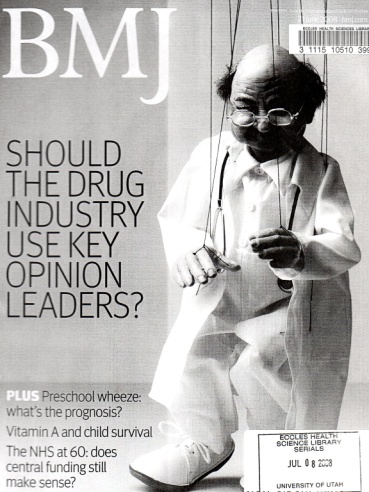
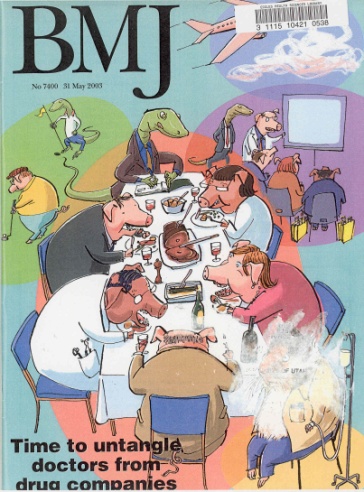
Below you will find a very good article about Prudence in prescribing.
Principles of Conservative Prescribing
J. Arch Intern Med. 2011;171(16):1433
“Judicious prescribing is a prerequisite for safe and appropriate medication use. Based on evidence and lessons from recent studies demonstrating problems with widely prescribed medications, we offer a series of principles as a prescription for more cautious and conservative prescribing. These principles urge clinicians to (1) think beyond drugs (consider nondrug therapy, treatable underlying causes, and prevention); (2) practice more strategic prescribing (defer nonurgent drug treatment; avoid unwarranted drug switching; be circumspect about unproven drug uses; and start treatment with only 1 new drug at a time); (3) maintain heightened vigilance regarding adverse effects (suspect drug reactions; be aware of withdrawal syndromes; and educate patients to anticipate reactions); (4) exercise caution and skepticism regarding new drugs (seek out unbiased information; wait until drugs have sufficient time on the market; be skeptical about surrogate rather than true clinical outcomes; avoid stretching indications; avoid seduction by elegant molecular pharmacology; beware of selective drug trial reporting); (5) work with patients for a shared agenda (do not automatically accede to drug requests; consider nonadherence before adding drugs to regimen; avoid restarting previously unsuccessful drug treatment; discontinue treatment with unneeded medications; and respect patients’ reservations about drugs); and (6) consider long-term, broader impacts (weigh long-term outcomes, and recognize that improved systems may outweigh marginal benefits of new drugs).”
